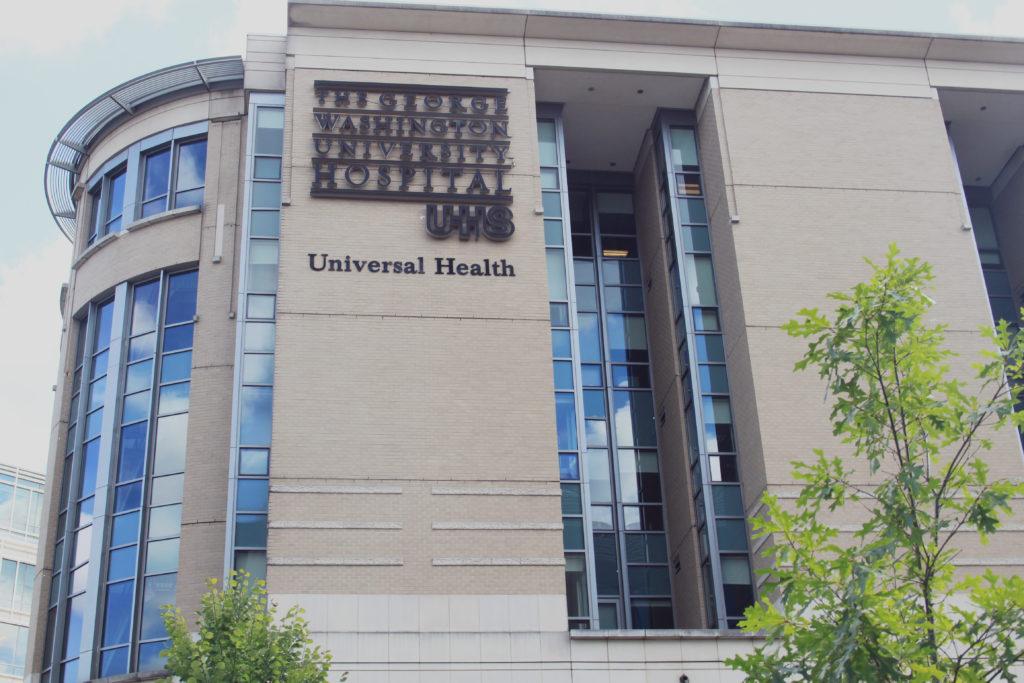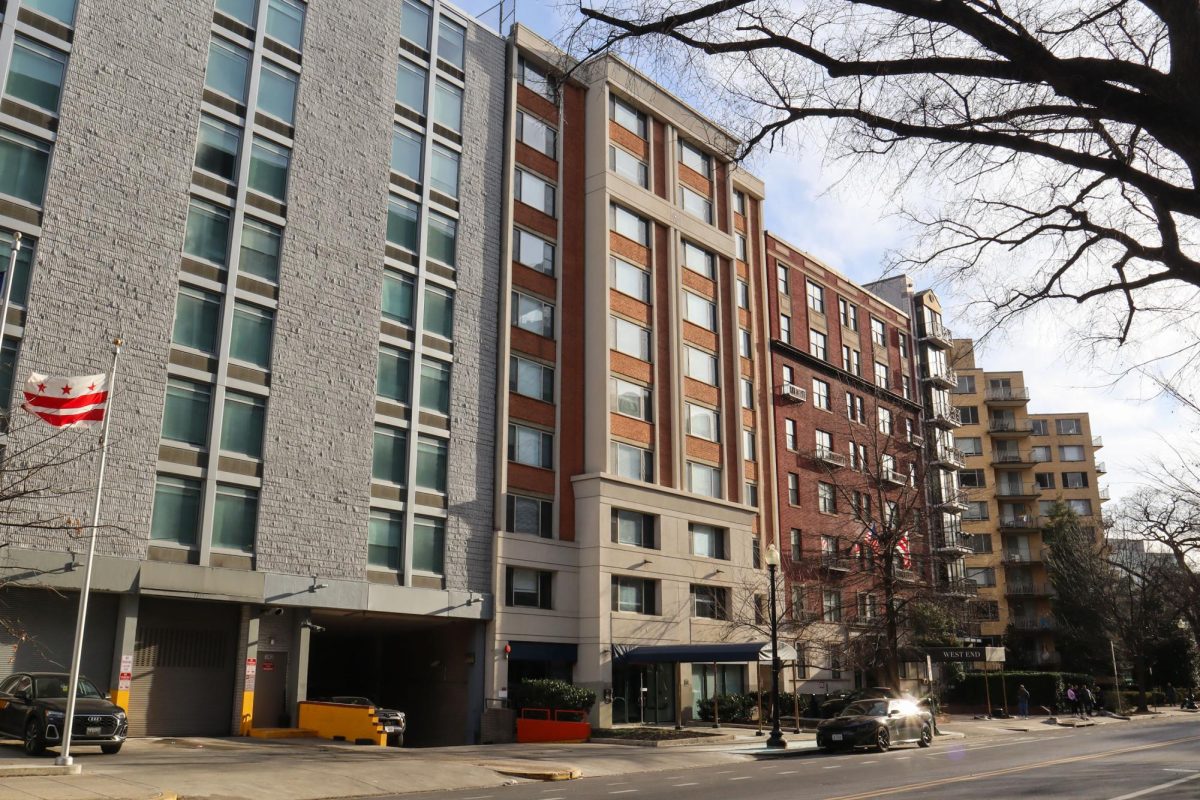A nationwide network of hospitals that includes the GW Hospital is suing Secretary of Health and Human Services Alex Azar for allegedly providing inadequate Medicare funding.
In a 37-page complaint filed by 48 hospitals in the D.C. Superior Court Monday, District Hospital Partners – which operates the GW Hospital – alleges the department gave the hospitals insufficient Medicare payments because of a miscalculation of the number of days hospitals treated patients from fiscal years 2004 to 2014. The complaint asks for Azar to pay the outstanding share hospital payments – Medicare payments distributed to hospitals – with interest, according to the lawsuit.
“The hospitals herein challenge their Medicare DSH payments only for federal fiscal years before FFY 2014, which began on October 1, 2013, on the grounds that these payments were understated,” the complaint states.
GW Hospital spokeswoman Susan Griffiths did not return a request for comment.
The lawsuit states that the two measurements used to calculate each hospital’s share of DSH payments failed to correctly account for the number of days workers treated patients enrolled in a Medicare Part C plan.
Medicare Part C, also known as the Medicare Advantage, provides additional coverage for hearing, vision, dental and other health programs, and Medicare Part A covers hospital insurance, according to the HHS website.
The hospitals claim the department wrongfully included Part C inpatient hospital days as a factor for measuring Medicare and Supplemental Security Income – a federal income supplement program – instead of for Medicaid to determine DSH payments.
The Medicare/SSI measurement calculates the percentage of days hospitals treat Medicare patients enrolled in both Medicare Part A and Supplemental Security Income, according to the Centers for Medicare and Medicaid Services website. The Medicaid measurement calculates the number of days the hospital treats Medicaid patients not enrolled in Part A, the website states.
The complaint states that a Medicare beneficiary can choose between either the Medicare Part A or Part C program. The hospitals are requesting that Azar stops treating Part C inpatient days as those of Part A patients when calculating hospitals’ DSH payments because it results in less funding for the hospitals.
“The hospitals’ DSH payments at issue are unlawful and should be set aside because the secretary calculated them using an invalid policy,” the complaint states.
The GW Hospital sued Azar last month for withholding Medicare funding from the hospital for training too many fellows.
The most recent lawsuit states that then-HHS secretary Tommy Thompson failed to act on a 2003 CMS proposal to add days the hospital treated Part C patients to the Medicaid fraction. The CMS elected a year later to include these Part C days to the Medicare/SSI fraction instead “in a complete reversal of the policy” from 2003, according to the lawsuit.
The complaint states that the CMS failed to implement the new policy after its agreement to revise the fraction calculations. The complaint also states Thompson did not adequately explain his 2004 decision that changed the Medicare/SSI fraction calculations in which he claimed Part C enrollees would be entitled to Part A benefits.
A 2019 case in the D.C. Court of Appeals ruled the 2004 policy invalid and in violation of the Medicare Act because it made changes to the Medicare payment policy without notifying the public and allowing a chance for comment. The court ruled to remove the Part C days from the Medicare/SSI fraction, which was the policy in effect before the 2004 change.
The lawsuit claims that Azar violated the Administrative Procedure Act and Medicare Act by including Part C days in the Medicare/SSI fraction.
“The hospitals’ DSH payments at issue are arbitrary and capricious because the secretary failed to adequately explain the reasoning for including Part C days in the Medicare/SSI fractions,” the complaint states.
Azar’s office did not return a request for comment.







